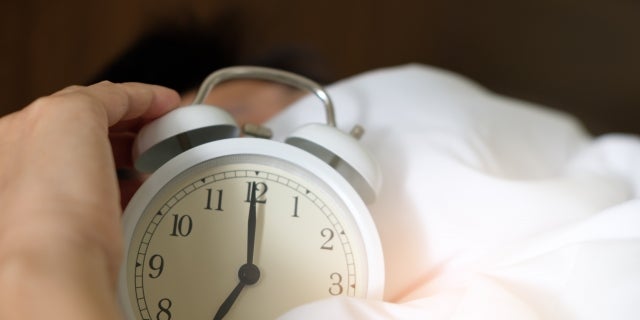How to Get Your Best Sleep While Traveling
Having the opportunity to travel is one of life’s greatest pleasures, but for individuals who have sleep issues it can be difficult. We sleep differently when we are away from home, usually skipping the first REM (rapid eye movement) episode, having a less deep sleep and waking up more often than we would at home.
If you have upcoming travel plans, keep these recommendations from the sleep technicians at the Sleep Center at Bailey Medical Center in mind.
Stick to your normal routine.
- The human body craves regularity. Try to go to bed at the same time every night and wake up at the same time every morning. Eat and take medications at the same time each day.
Create a good environment.
- The body also craves a cool, dark and quiet place to sleep, so try to make the room that way. If this isn’t not an option, try using an eye masks and ear plugs. Bring your favorite pillow with you if possible.
Avoid caffeine, alcohol, nicotine or other substances that interfere with sleep.
Remove technology or brightly lit things from the bedroom.
Take time to relax.
- Stress may vary depending on where you are traveling and for what reason. Try to relax or meditate for a while each day to make for a more pleasant trip.
Exercise in the morning.
- Exercise can help you sleep better, but exercising later in the day can make it more difficult to fall asleep. Try to get your workouts in as early as possible.
Keep naps under 30 minutes, preferably earlier in the day.
Try melatonin.
- When changing times zones or during a time change, melatonin has proven to be beneficial in resetting the body’s circadian rhythms. Professional athletes commonly take this when traveling to help them be at peak performance come game time. Going to bed earlier or waking up earlier can also help acclimate our bodies to the time difference.
To learn more about the Sleep Center at Bailey Medical Center, call 918-376-8080.

